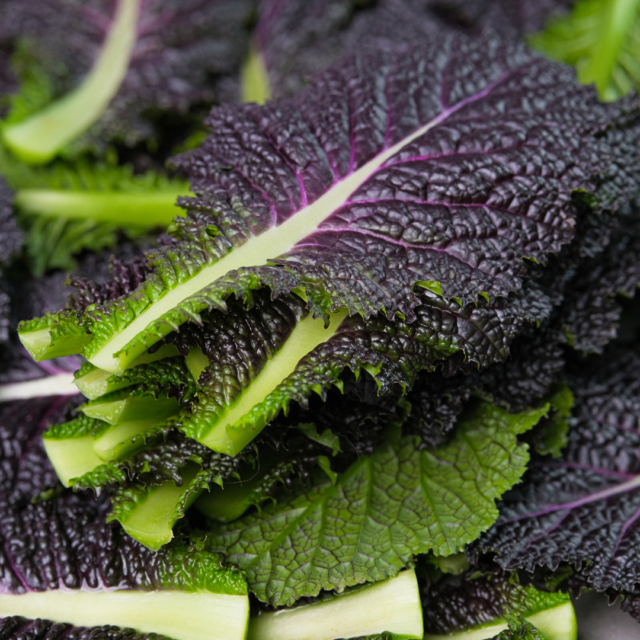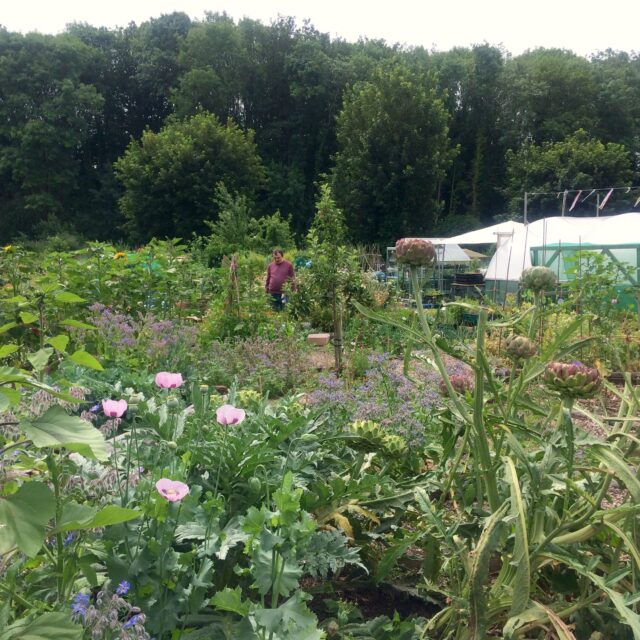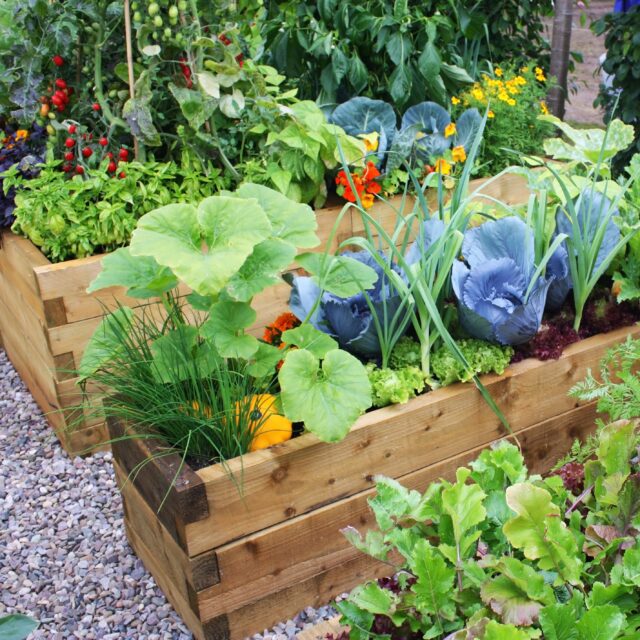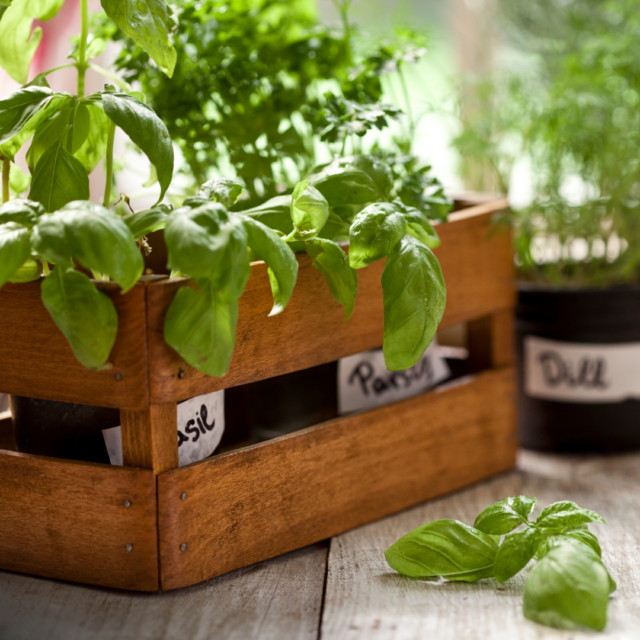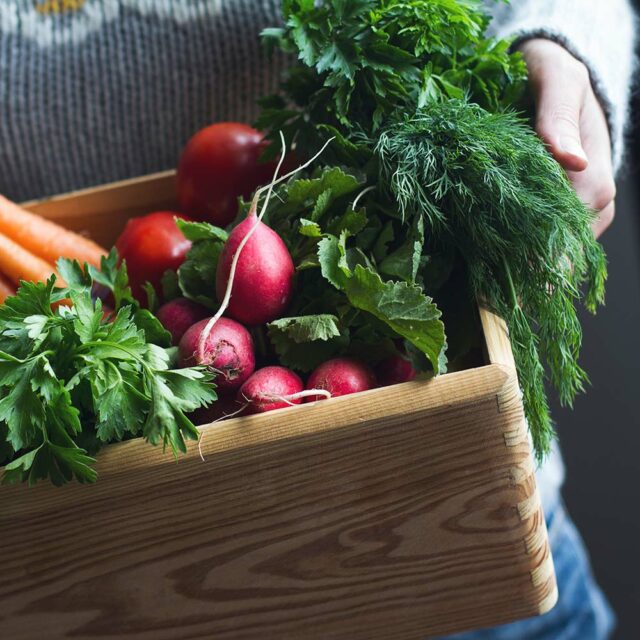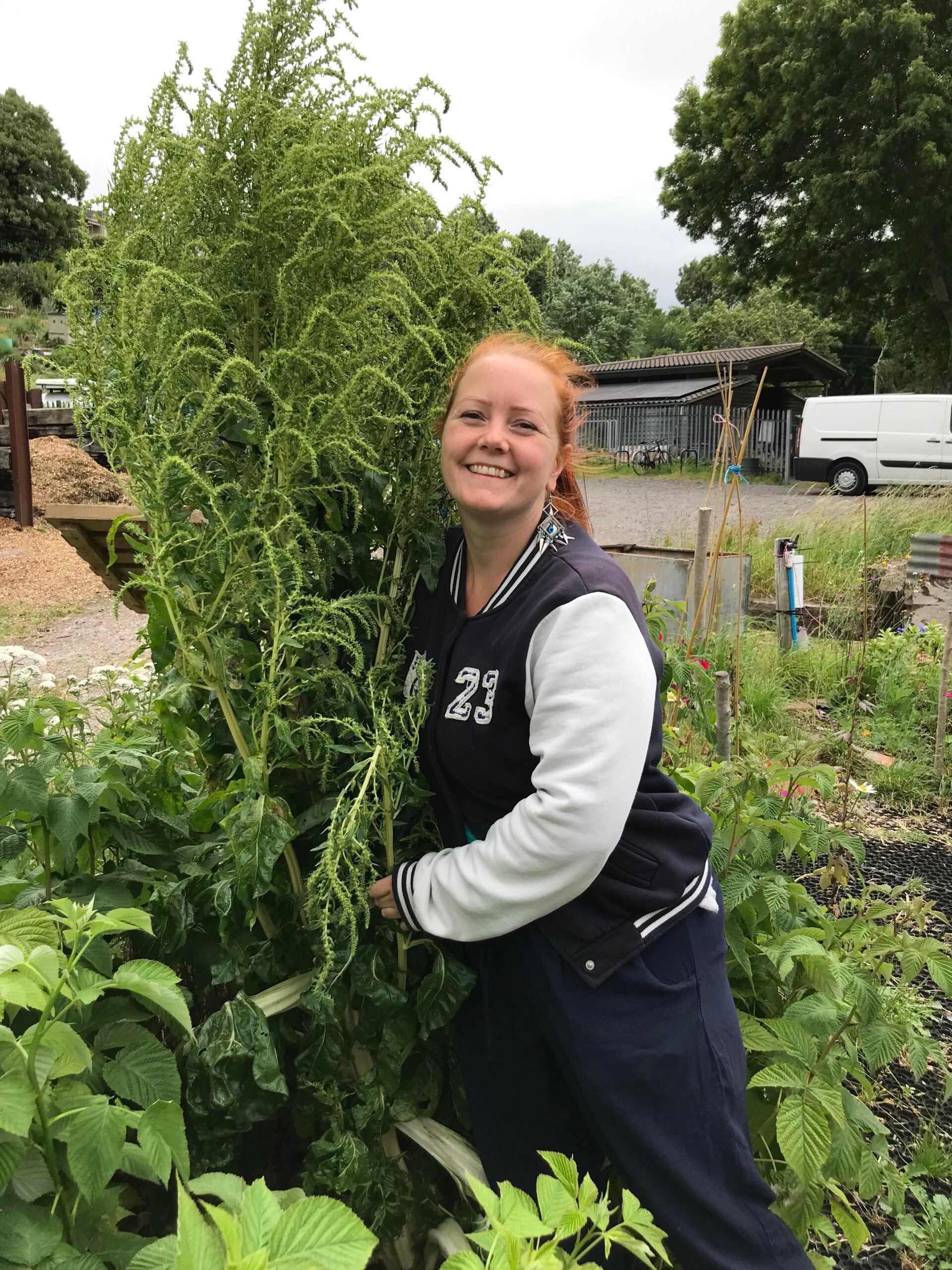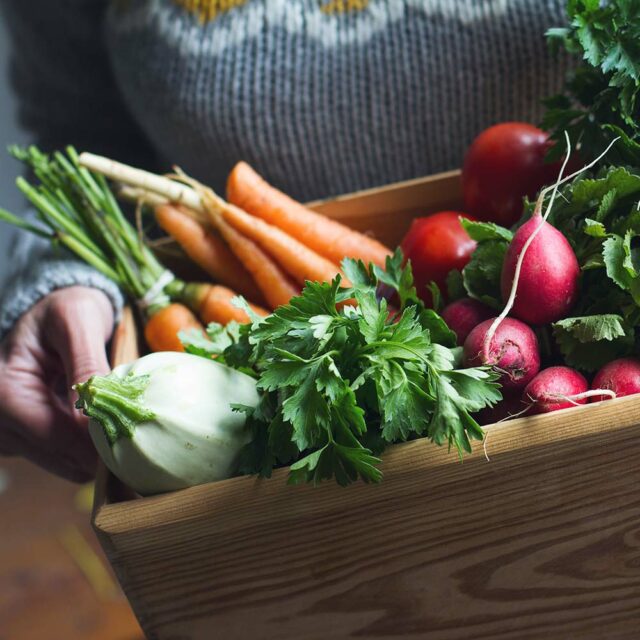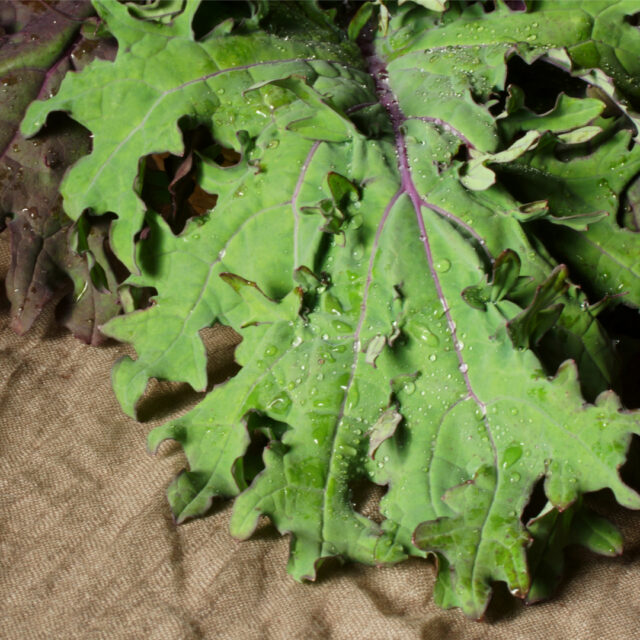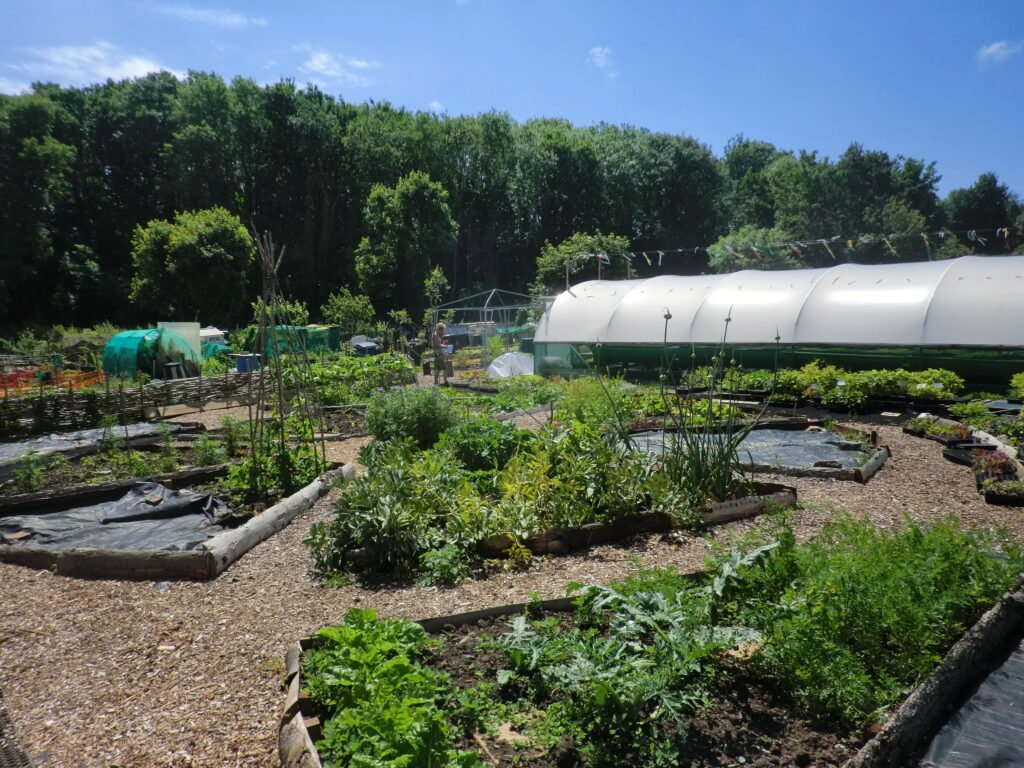
Mental wellbeing is something very close to our hearts at Propagation Place, and is one of the reasons we exist in the first place. Read on to find out how gardening and the outdoors can have a positive impact on mental health, as well as to find out how Propagation Place support people who are in need of some positive support. We have five tips for improving your wellbeing at the bottom as well as links to access support.
Gardening for wellbeing
Gardening and spending time in nature is well documented in science as a positive influence on mental health.
A Kings Fund report on the health benefits associated with gardening showed incredibly diverse positive effects. Studies showed significant reductions in depression and anxiety as well as improved ‘social functioning’.
Both Exeter and Tokyo Universities found strong evidence for the positive effects of gardening on health and wellbeing. Exeter university analysed mental health data from 1000 urban inhabitants and found that people living near green spaces reported less mental distress.
Propagation Place aims to provide access to green space and volunteering opportunities for those in our local community, as well as supplying plants to people around the UK who want to grow their own food at home.
Our Story
Propagation Place is a collaborative, volunteer-led community business; accessible community garden and propagation polytunnel.
What we aim to do
- To increase social links and strengthen connections between local people through the creation and management of a community garden
- To support local food production across Ashley Vale
- To run a sustainable community business to carry the project forward through the sale of plug plants
- To help volunteers to gain confidence and skills
We hope to
- deliver benefits to people’s health and well-being
- give a wide range of people the experience and skills to grow their own food
- work collaboratively with volunteers and be designed and led by local people
- enhance the local environment to the benefit of both people and wildlife
- act as a nursery to distribute vegetable plug plants to local allotment holders and the wider community
Lots of people have been involved with Propagation Place in one way or another over the years. Whether it was helping with the initial reclamation of three allotment plots into a community garden and poly-tunnel growing area, or a weekly commitment to the day-to-day sowing and packing of plants for customers, the project wouldn’t work without the dedication, attentiveness and enthusiasm of volunteers.
There are many different reasons that people come to the garden and, because Propagation Place is committed to being a completely open project, all are welcome! It is an important aspect of our ethos that everyone feels that they can bring their own unique character and qualities to the project and that all learning styles, expressions and identities are supported, acknowledged and encouraged. We aim to be an outstanding and truly inclusive, diverse and equal community space.
Gardening offers a unique way to support people through life’s complexities
It is inherently therapeutic by nature, and not only through fresh air and physical exercise – gardening can offer insights into the natural cycles and interactions governing both plants and people, which in turn may be translated into helpful personal life lessons.
Community business
Our Community Business model, running under the larger St Werburghs City Farm Charity banner, offers year-round volunteering and training programmes. Through this, we aim to remove physical and social barriers to gardening, employment and social inclusion. There are up to 30 people who volunteer at Propagation Place once a week, some of whom get in touch with us independently, and some of whom are referred via other local organisations or through the social prescribing scheme we are part of.
Social prescribing at Propagation Place
In 2019 the NHS officially adopted social prescribing as part of it’s long term plan for healthcare. As part of a joint delivery with Windmill Hill City Farm and a number of other organisations, St Werburghs City Farm is delivering a social prescribing programme.
Along with some of the farm’s other projects, Propagation Place reserves volunteering slots for several referrals who are looking to combat non-clinical mental health difficulties such as social anxiety and issues related to isolation.
Five top tips for looking after your wellbeing
To finish up, we thought we would share our five tips for improving your wellbeing, with some pandemic-friendly activities.
(Please note, we are not doctors and this is not medical advice. If you are concerned about yourself or others’ mental health, please seek appropriate medical attention.)
- Get out for a walk each day if you can, even a little fresh air can do wonders for your mood
- If you cannot go outside for fresh air, standing in a doorway or by an open window and taking a minute to focus on the outside air can also have a calming effect
- Grow some plants – if you have a garden then you are set to get growing, if you do not have a garden then why not grow some herbs on your windowsill?
- Try to connect with people each day, whether that’s via a phone call or just saying (a physically distanced) hello to your local postal worker
- If you can, try to make sure you are drinking enough water and doing some kind of gentle exercise each day. This can even be dancing around your house to your favourite music!
Access to support
- For urgent medical attention, your options are Accident & Emergency (A&E) who you can reach by calling 999, and Emergency GP appointments via your registered doctors surgery.
- NHS 24hr helpline providing health advice and information. Call them free on 111
- Mind have some great resources available here or via their Get Help Now page
- Samaritans offer a 24-hours a day, 7 days a week support service. Call them FREE on 116 123. You can also email [email protected]
- Papyrus is a dedicated service for people up to the age of 35 who are worried about how they are feeling or anyone concerned about a young person. You can call the HOPElineUK number on 0800 068 4141, text 07786 209697 or email [email protected]
- C.A.L.M.: National helpline for men to talk about any troubles they are feeling. Call 0800 58 58 58
We hope this article was interesting and showed some insight into how Propagation Place supports our local community. Please leave your comments below!
